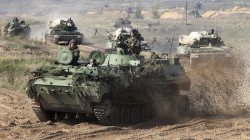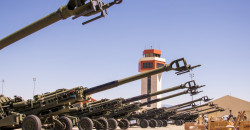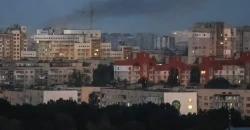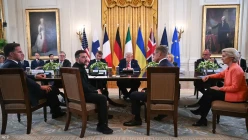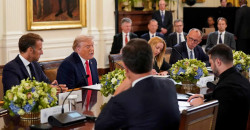Tensions escalate as Russia warns Europe and the US against opening "new conflict fronts"
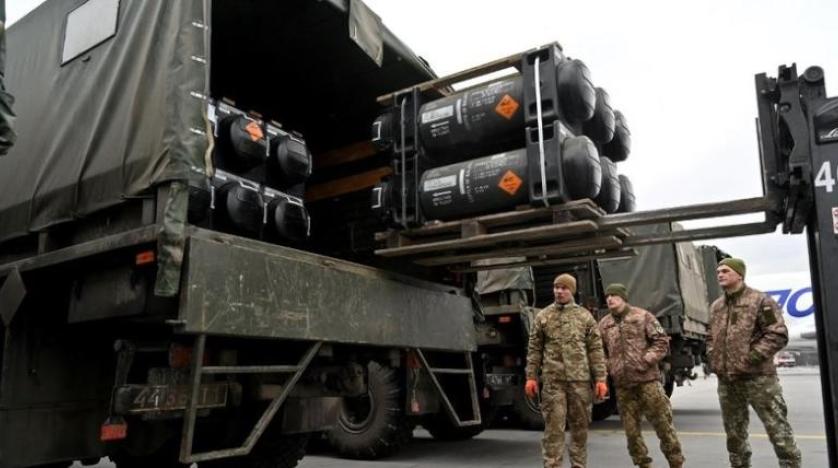
Shafaq News/ Russian Foreign Minister Sergey Lavrov issued a stern warning to Europe and the US on Monday, cautioning against attempts to open what he referred to as a "new front of conflict" alongside Ukraine in Georgia, Moldova, and the deployment of military units in Poland near the Belarus border.
Lavrov revealed that Russia had observed attempts to engage Georgia's leadership in the establishment of a "second front against Russia," but the Georgian authorities demonstrated a responsible approach and rejected such actions, while efforts persist in Moldova and Poland.
In response to Western maneuvers, Russia has deployed tactical missiles in Belarus, Poland's neighboring country, and long-range missiles accompanied by warnings directed at Moldova.
Experts speaking to Sky News Arabia suggest that the Ukrainian theater is no longer the sole stage for heightened tensions between Russia and the West. The crisis has seemingly extended to neighboring countries, particularly Belarus, Moscow's closest ally, and Poland and Moldova, prominent supporters of Kyiv.
Oleg Artyovsk, a researcher in international affairs at the Volksk military foundation, argues that Poland has accelerated its hostile steps toward Russia since the end of Soviet rule and the departure of the last Soviet soldier in 1993. Poland joined NATO in 1999 and the European Union in 2004, spearheading Europe and the US's policies against Russia.
Artyovsk explained to Sky News Arabia that all indicators suggest Poland is preparing for war against Russia through various indirect steps, including providing significant support to Ukraine in their conflict with Russia, welcoming NATO forces on its territory, deploying thousands of troops in Ukraine under vague titles, and supplying Kyiv with old Soviet equipment and modern NATO-standard weapons totaling over $2 billion.
Artyovsk contends that the West and Washington's actions in opening new conflict fronts alongside Ukraine are not limited to Poland but also include Moldova and Georgia. He notes that these moves result from America's failure to achieve its objectives toward Moscow in the Ukrainian conflict, adding, "This trend aims to ignite more fires, and it is expected that these new fronts will fail just as the Ukrainian front has failed to confront the West against Russia."
In Moldova, the government is attempting to exert control over a region that Russia considers part of its territory and has vowed to continue providing logistical and military support to Ukraine in its war against Moscow.
Belarus, Moscow's powerful ally, is alarmed by the actions of Poland and Moldova. Dr. Watling Kodrakhin, an international affairs specialist at Odessa National University, told Sky News Arabia that the situation has prompted Russia to take nuclear measures, deploying missiles, weapons, and complete battalions along the border.
Kodrakhin pointed out that countries worldwide are on high alert, with Japan and South Korea increasing their defense budgets due to China's and North Korea's activities, respectively. Russia's move has sent shockwaves through the international community.
In recent days, Belarusian President Alexander Lukashenko accused the West of preparing to invade his country from Poland and welcomed Moscow's decision to deploy nuclear warheads in Belarus, stating that such weapons are "necessary" for his country's protection.
